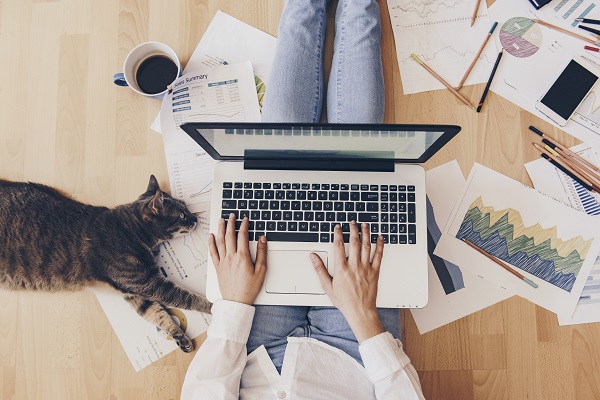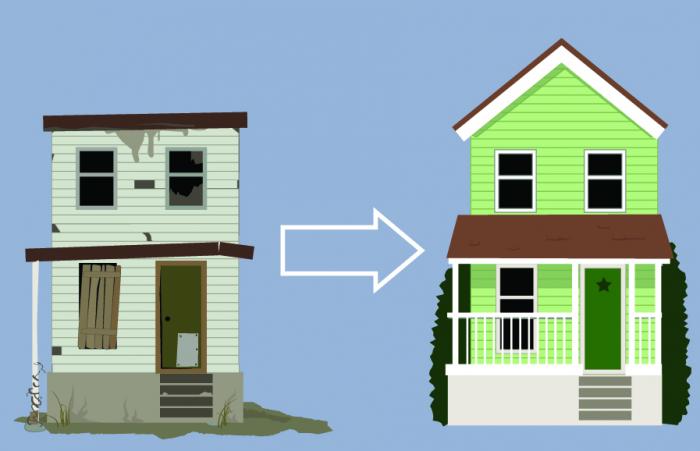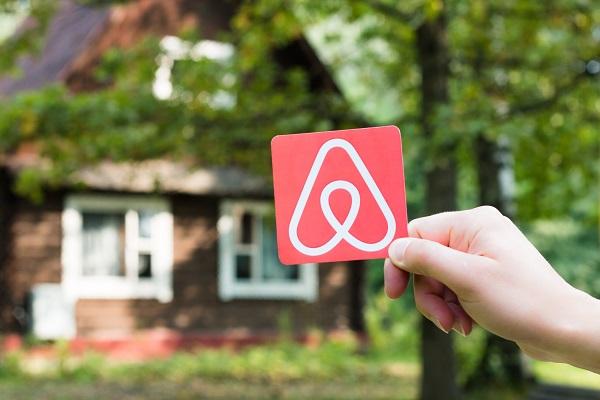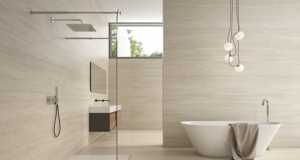
Tax time is coming up and it’s not just landlords or investment property owners who can save money on tax thanks to their assets. As a home owner there are also legitimate deductions you can make that could help put extra cash in your pocket.
While it’s always important to seek professional tax advice, below are some common situations where you may be eligible for tax deductions by owning a property.
Working from home
According to the Australian Bureau of Statistics (ABS), the number of people who work from home has risen from 20% to 30% over the past 15 years. This means roughly 3.5 million employed Australians work from home on a regular basis.
If you’re one of these people then you could potentially claim occupancy and running expenses.
For those whose home is their place of business and work from a dedicated home office, occupancy and running costs, including mortgage payments, maintenance for office telecommunication costs, insurance and utility expenses can be claimed. If your home is not your place of business but you do have a dedicated home office, you can only claim running expenses, such as phone, heating, internet and depreciation of equipment. For those who don’t have a dedicated home office space but still work at home, certain running costs can be claimed.

Property flipping
The tax law in Australia does not allow home owners to ‘property flip’ tax-free even if you’re living in the dwelling. However, if you are living in the property for all or part of the ownership period then you may be eligible for a partial main residence exemption or capital gains tax (CGT) discount. This will depend on how long you’ve owned the property, the length of time you’ve lived there, the source of your income, the residence of your family, your mailing address, your address on the electoral roll, whether you have moved personal belongings into the property and the connection of utility and telephone services.

Airbnb
Renting out a spare room in your home or renting out the space while you’re away can be a great way to make some extra money, but it is subject to tax.
According to H&R Block, you may be able to claim expenses and depreciation for the percentage of the area of your house that is available for rent. These include depreciation of furniture used in the rented area, commercial cleaning, maintenance and repairs, service fees and commissions charged by Airbnb, and food provisions made available to guests.
Expenses related to shared areas, such as mortgage interest, council rates, utility, phone and internet costs, and insurance need to be apportioned for deductions.
It’s important to keep in mind renting out part or all of your property on sites such as Airbnb means that when you sell your home, you may be subject to CGT.

Tax deductions are only eligible on assets that are earning an income so if your main residence is not helping to generate a profit then you can’t claim on expenses associated with maintaining the property or interest.
The Australian Tax Office recommends keeping all records related to your home so that if anything changes, you don’t pay more tax than necessary.


